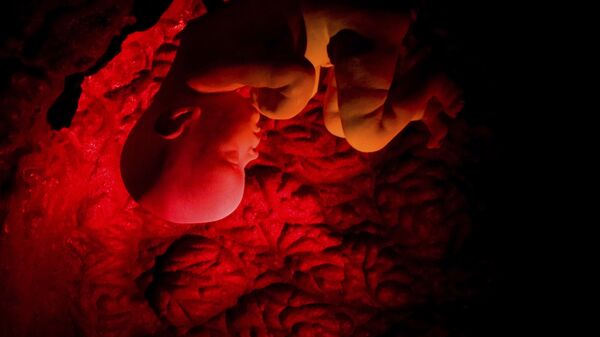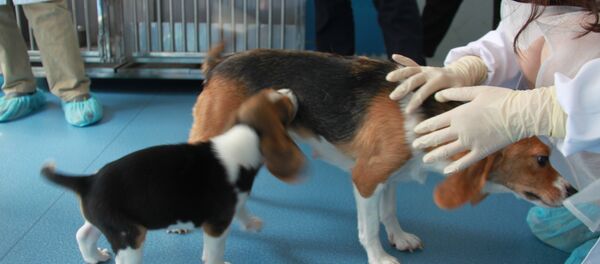A team of researchers at Oregon Health and Science University in Portland have become the first in the US to create genetically modified human embryos.
Since 2015, scientists in China have published three reports on the gene editing of human embryos, which caused an ethical storm and led to calls for an international moratorium on human genome editing amid fears they could be used to produce a baby.
However, the team led by biologist Shoukhrat Mitalipov, head of the Center for Embryonic Cell and Gene Therapy at Oregon Health and Science University, has gone even further than the Chinese researchers in editing the human genome, MIT Technology Review reported.
Researchers in both countries used the gene-editing technique CRISPR to change the DNA of a number of one-cell embryos. The scientists at Portland reportedly surpassed their Chinese colleagues because they edited the genomes of many more embryos and corrected defective genes that cause inherited diseases.
One of the ethical concerns about the gene editing of embryos is that they could potentially be implanted into a women's uterus. Dr. Sarah Chan, deputy director of the Mason Institute for Medicine, Life Sciences and Law at the University of Edinburgh, told Radio Sputnik that the fact that the embryos were destroyed is "very important."
"So, while we are still investigating the scientific issues, while we are still trying to better understand the safety issues involved, I think it's very important that we make a distinction between research that is done in the laboratory and remains in the laboratory, versus any attempt to implant edited embryos which would be attempting to create genetically modified humans," Chan said.
While gene editing techniques such as CRISPR have the potential to cure inherited diseases in the future, scientists are still limited to trying to understand the diseases, before they can genetically edit a cure. In fact, the possibility of modifying DNA has been available for decades via the use of recombinant DNA technology, which allows the joining together of DNA molecules from different species. However, CRISPR is "revolutionary" because it provides a more efficient and precise way of targeting genes, making it less costly and time-consuming.
"I suppose people say that's controversial because we would be interfering with the genome of humanity, but in my view anything that improves human health and welfare and makes people's lives better is a good step."



